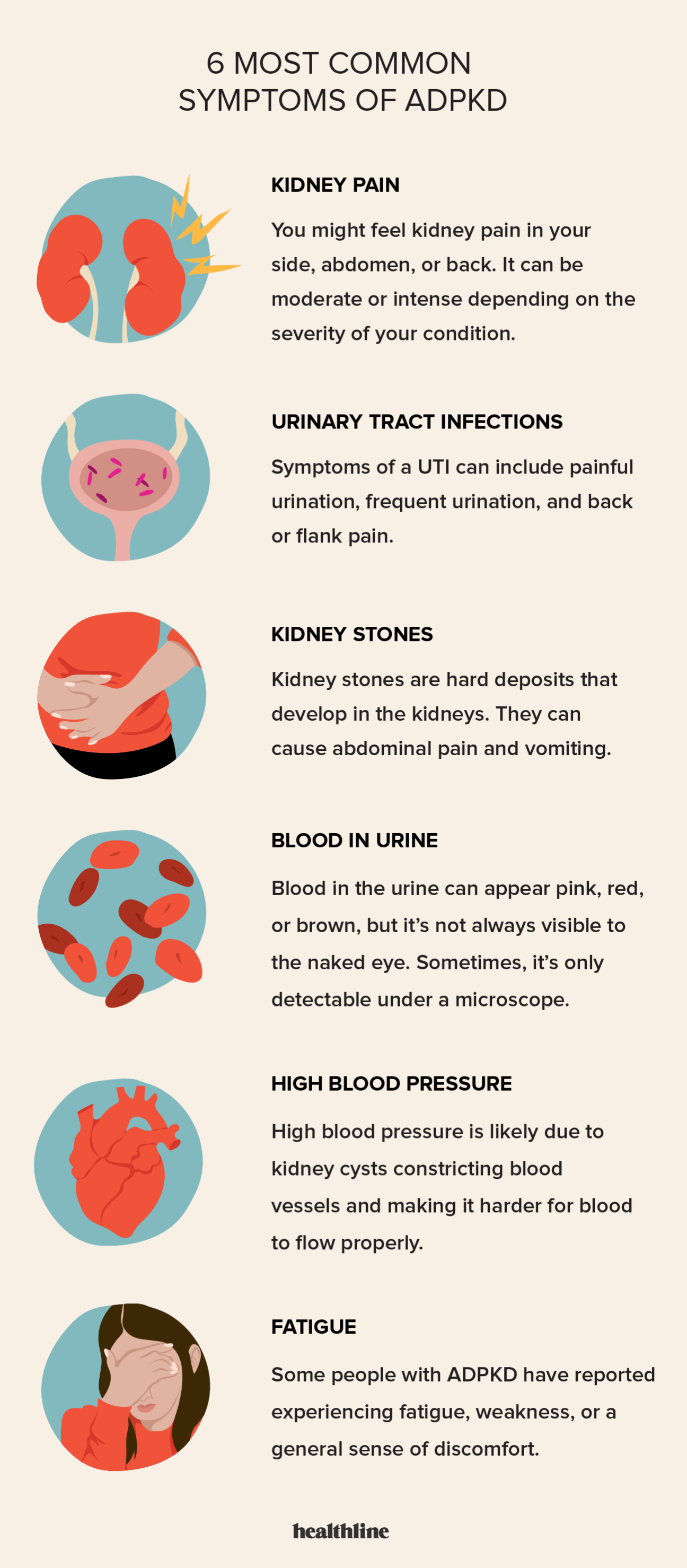Contrasting Kidney Stones vs UTI: What You Need to Learn About Their Influence On Health
Contrasting Kidney Stones vs UTI: What You Need to Learn About Their Influence On Health
Blog Article
Checking Out the Manifestations and Causes of Kidney Stones in Contrast to Urinary System Tract Infections: A Comprehensive Guide
The expedition of kidney stones and urinary system infections (UTIs) exposes a complicated interplay of signs and symptoms and underlying reasons that call for careful examination. What are the vital distinctions in their symptoms, and how might these educate treatment strategies?
Review of Kidney Stones
Kidney stones, additionally understood as renal calculi, kind when specific substances in the pee crystallize and aggregate, leading to the growth of hard down payments within the kidneys. These stones can differ in size, ranging from a grain of sand to a golf ball, and can be made up of different materials, one of the most common being calcium oxalate, uric acid, struvite, and cystine. The formation of kidney stones is affected by several factors, including dietary behaviors, fluid intake, and hereditary predisposition.
Signs and symptoms of kidney rocks may include serious discomfort in the back or side, blood in the urine, nausea or vomiting, and regular urination, especially as the rock moves via the urinary tract. Diagnosis commonly entails imaging studies such as ultrasound or CT scans, together with urinalysis to recognize the stone's structure.
Therapy options vary based upon the size and sort of stone, in addition to the intensity of symptoms (Kidney Stones vs UTI). Small stones might pass normally with increased fluid intake, while bigger rocks might require medical interventions such as lithotripsy or medical elimination. Recognizing the pathophysiology and risk elements related to kidney rocks is essential for effective prevention and administration
Introduction of Urinary System System Infections
Urinary system system infections (UTIs) are common bacterial infections that affect any part of the urinary system, including the kidneys, ureters, bladder, and urethra. They primarily happen when germs, commonly from the stomach system, get in the urinary system, bring about swelling and infection. UTIs are categorized into 2 primary types: uncomplicated and challenging. Uncomplicated UTIs normally occur in healthy and balanced people with regular urinary systems, while difficult UTIs might emerge in individuals with hidden conditions, such as structural irregularities or compromised body immune systems.
The prevalence of UTIs is significantly higher in females than men, largely as a result of anatomical distinctions, such as a shorter urethra. Threat elements consist of sex-related task, particular contraceptive approaches, urinary retention, and dehydration. The diagnosis of UTIs is usually confirmed with urine tests, which might reveal the presence of bacteria, white blood cells, or red blood cells.

Signs And Symptoms of Kidney Stones
The discomfort connected with kidney stones can materialize in numerous means, usually leading individuals to seek clinical attention. One of the most common symptoms is extreme pain, typically local in the lower back or side, which might radiate to the abdominal area or groin. This pain, commonly called sharp or cramping, can occur all of a sudden and might rise and fall in intensity.
Additionally, individuals may experience hematuria, or blood in the pee, which can range from tiny quantities to visible staining. This signs and symptom might be come with by changes in urinary system routines, such as boosted regularity or urgency, along with discomfort during peeing. Nausea and vomiting are additionally prevalent, often arising from the body's response to extreme discomfort.
In some cases, people may experience fever and chills, especially if a secondary infection establishes because of the obstruction brought on by the rocks. Overall, the mix of extreme discomfort, hematuria, transformed urinary patterns, and gastrointestinal signs and symptoms can provide substantial insight into the presence of kidney rocks, requiring prompt clinical analysis and treatment. Comprehending these symptoms is important for prompt medical diagnosis and reliable management of the condition.
Symptoms of Urinary System Tract Infections
Infections within the urinary tract usually present a variety of distinct go right here symptoms that can dramatically influence day-to-day life. The most common signs include a consistent desire to pee, frequently gone along with by a burning sensation throughout urination, referred to as dysuria. Individuals may also experience increased regularity of urination, generating percentages of pee each time.
Other noteworthy symptoms include over cast or reeky urine, which may indicate the visibility of germs or pus. Sometimes, pee might appear red or pink as a result of the existence of blood, a condition referred to as hematuria. Furthermore, individuals may experience pelvic pain or pressure, which can better intensify the sensation of necessity.
Systemic signs may also show up, such as fever, cools, and fatigue, specifically if the infection has risen to the kidneys. It is important to acknowledge these symptoms early, as untreated urinary system tract infections can lead to a lot more serious difficulties. Kidney Stones vs UTI. Prompt clinical attention is advised when these signs are observed, enabling for suitable analysis examination and treatment to minimize discomfort and protect against additional health and wellness problems
Sources Of Each Problem
Often, kidney stones and urinary system infections arise from distinct yet sometimes overlapping reasons that can affect people differently. Kidney rocks typically form as a result of metabolic variables, nutritional options, and genetic predispositions. Boosted levels of calcium, oxalate, or uric acid in the urine can cause stone development. Dehydration, not enough liquid intake, and high-sodium diet plans can exacerbate these conditions, advertising crystallization within the urinary system system.

Comprehending these distinctive reasons is important for avoidance and treatment. Kidney Stones vs UTI. While lifestyle adjustments might reduce the risk of kidney rocks, appropriate health and punctual therapy of urinary system tract infections are essential for lowering their recurrence and associated complications
Final Thought
In recap, kidney stones and urinary system infections existing distinct signs and symptoms and underlying reasons. Kidney rocks are defined by serious discomfort and metabolic elements, while urinary system tract infections mostly entail bacterial infections leading to urinary system seriousness and pain.
The expedition of kidney rocks and urinary system infections (UTIs) reveals a complex interaction of symptoms and underlying causes that discover this necessitate mindful evaluation.Urinary system infections (UTIs) are usual microbial infections that influence any kind of component of the urinary system, consisting of the kidneys, ureters, bladder, and urethra.Regularly, kidney rocks and urinary system tract infections emerge from distinct yet in some cases overlapping causes that you can try these out can impact individuals differently.In recap, kidney rocks and urinary system system infections existing unique symptoms and underlying causes. Kidney rocks are characterized by severe discomfort and metabolic variables, while urinary system tract infections primarily include bacterial infections leading to urinary system seriousness and discomfort.
Report this page